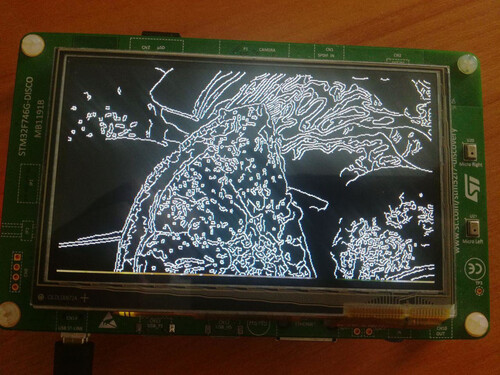Embox 0.7, a modular operating system designed to run independently on hardware originally intended for Linux but without relying on Linux, has been published.
The system, capable of real-time operation (RTOS), can run on various devices ranging from conventional x86 systems to low-power boards and microcontrollers. Embox’s project code, distributed under the BSD license and written in C, is divided into a series of libraries that implement different software interfaces such as memory management and task scheduling.
Embox’s modularity allows for the use of a minimal set of system components and libraries necessary to run each application, resulting in a self-sufficient image optimized for a specific task without unnecessary layers.
This setup enables existing applications to run with minimal overhead on resource-constrained devices, with an added level of protection as applications are statically associated with libraries.
Examples of Embox’s applications include a VoIP phone on the STM32F7 microcontroller with the PJSIP library, a graphical interface on the STM32F7 microcontroller using Qt, and visual information processing on the STM32F769i board with OpenCV. Additionally, Embox supports running standalone applications such as the Dropbear SSH server, Quake3 game, and graphical applications using Mesa.

Main features of Embox include support for various processor architectures, STM32 microcontrollers, frameworks like Qt, OpenCV, PJSIP, and boards like Raspberry Pi. It also enables the creation of environments for running applications in various programming languages like C++, Java, Python, and more.
- POSIX compatibility, support for FAT and ext2/3/4, TCP/IP stack with network protocol support, and Unix-like utilities are also provided by Embox.
The new release of Embox includes the implementation of a subsystem for wireless access.